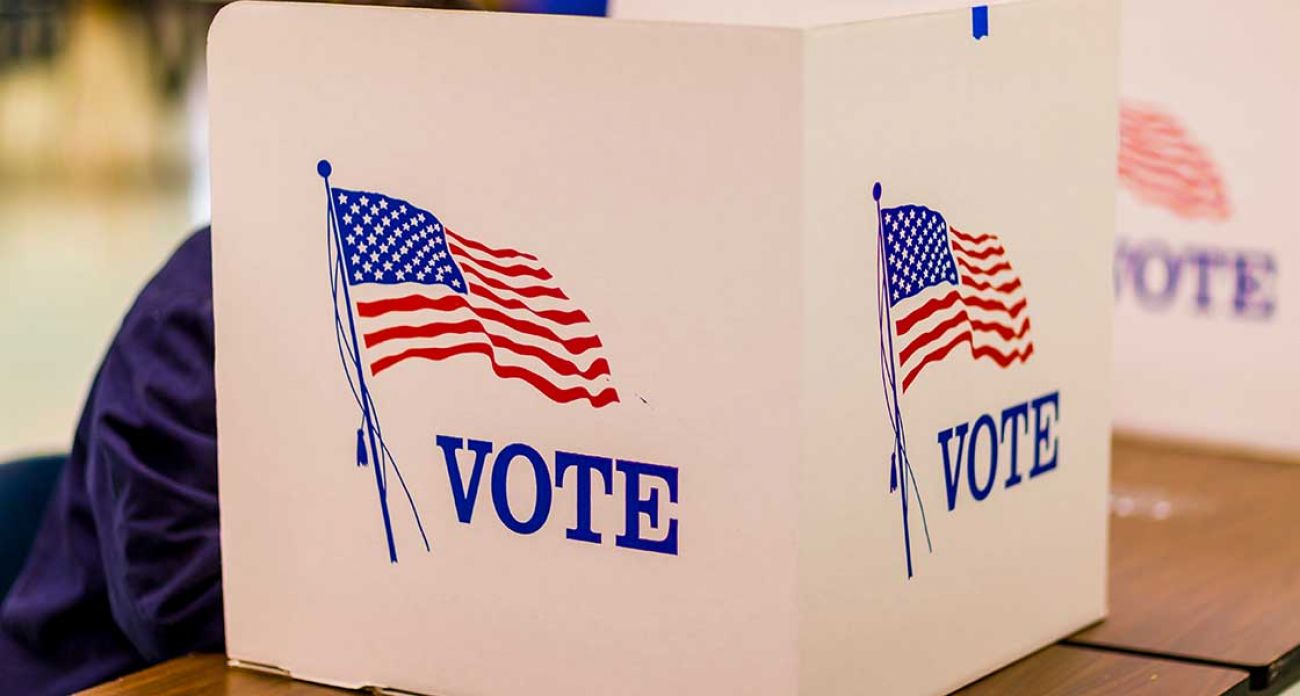Michigan voters may weigh ballot issues on abortion, LGBTQ, lobbying reforms

Michigan voters can change state law or the state Constitution through ballot initiatives. If the initiative is a proposed law change, the Legislature first gets the option to approve the law itself. If it decides not to take a vote or the vote fails, the proposed law goes to the general election ballot.
Recent changes to state minimum wage laws, redistricting procedures, voting rights and the legalization of recreational marijuana were all the result of successful ballot initiatives.
Groups have 180 days to gather valid signatures once they begin circulating petitions. Signatures to bring forward citizen-initiated legislation are due May 27, and signatures for constitutional amendments are due July 6, so the existing initiatives may change.
As of February, four potential ballot initiatives could appear on the Nov. 3 ballot:
Add LGBTQ protections to anti-discrimination law
Michigan law bars discrimination in employment and housing on the basis of religion, race, color, national origin, age, sex, height, weight, familial or marital status.
This ballot initiative, brought by a coalition of business and advocacy groups called Fair and Equal Michigan, would include LGBTQ residents in that law.
Ban dilation and evacuation abortions
This ballot initiative, spearheaded by Right to Life of Michigan, would ban a common second-trimester abortion procedure called dilation and evacuation (D&E). Opponents of the method call it “dismemberment abortion.”
The method involves dilating the cervix and removing the fetus using forceps, vacuum extraction or scraping the lining of the uterus. The American College of Obstetricians and Gynecologists say it is associated with fewer complications than using medication to end a pregnancy. It is common for second-semester abortions but is used in a small fraction of abortions overall.
Legislative leaders support the proposal and are likely to adopt it into law to avoid a vote, but Gretchen Whitmer has promised a veto.
Reform state lobbying rules
The Coalition to Close Lansing Loopholes, funded primarily by liberal advocacy group Progress Michigan, is launching a ballot initiative to dramatically change Michigan lobbying laws.
Among other things, this would ban lobbyists giving anything of value to public officials; require a two-year “cooling-off” period before a former state elected official could become a lobbyist; require lobbyists to report all their expenses; and require both public officials and lobbyists to keep a public log of their lobbying actions, including meetings.
Ban abortions after a fetal heartbeat is detected
The Michigan Heartbeat Coalition, a group unrelated to Right to Life of Michigan, launched a ballot initiative drive to ban abortion after cardiac activity is detected, usually around six weeks of pregnancy.
The proposal would include an exception for cases in which abortion is necessary to save a woman’s life, and would not have an exception for pregnancies from rape or incest. It would make it a felony punishable by two to four years in prison for health care providers to perform abortions after cardiac activity is detected. The group has said it’s designed to provide an opportunity to challenge Roe v. Wade, the 1973 U.S. Supreme Court decision that guaranteed the right to abortion.
2020 Michigan Fact & Issue Guide
- Michigan could decide presidency. These are the facts that shape our state.
- 50 facts that frame Michigan, from health care and poverty to crime
- Michigan K-12 test scores slowly improving, but remain mediocre at best
- Early childhood education is key to success. Michigan still has work to do.
- Michigan college tuition hikes leave average graduate with $35K in debt
- Jobs up, poverty declines as Michigan emerges from Great Recession hangover
- Incomes climb in Michigan, but state still struggles with loss of manufacturing
- Michigan has great access to health care. Health outcomes are another story
- Michigan’s cherished Great Lakes, clean waters face threats from all sides
- Michigan roads are infamously bad. But sewers and dams are in rough shape too
- Michigan doles out more in business tax breaks than it spends on schools
- Michigan employs 48K people. A quarter of them work in prisons.
- Nearly 200 Michigan communities are financially distressed, despite economy
- Michigan is a toss-up state again after favoring Democrats for a generation
See what new members are saying about why they donated to Bridge Michigan:
- “In order for this information to be accurate and unbiased it must be underwritten by its readers, not by special interests.” - Larry S.
- “Not many other media sources report on the topics Bridge does.” - Susan B.
- “Your journalism is outstanding and rare these days.” - Mark S.
If you want to ensure the future of nonpartisan, nonprofit Michigan journalism, please become a member today. You, too, will be asked why you donated and maybe we'll feature your quote next time!




